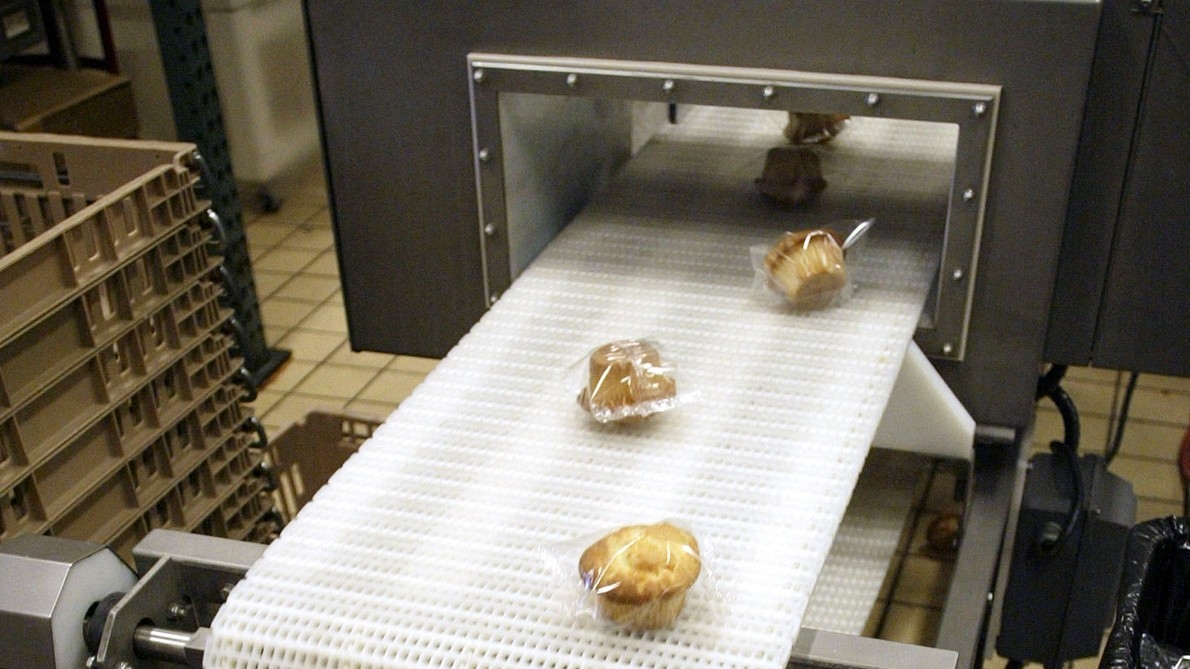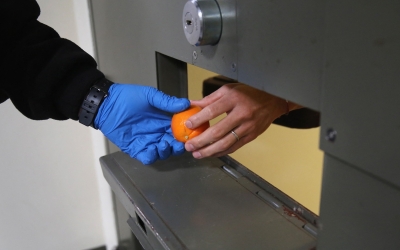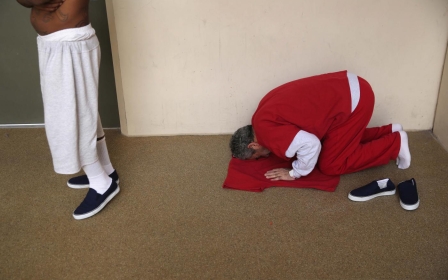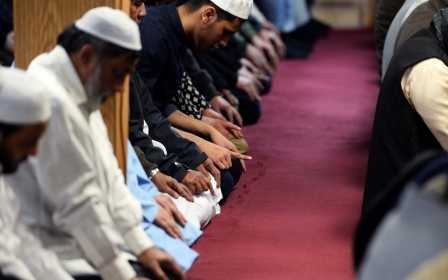US jail settles lawsuit, agrees to serve Muslims Kosher meals during Ramadan

A county jail in the US state of Georgia has agreed to accommodate Muslim inmates during the holy month of Ramadan, saying it will provide them with adequate, timely meals and also notify the detainees of the five daily prayer times.
Earlier this week, Norman Simmonds, a Muslim inmate at DeKalb County Jail, filed a lawsuit against the prison after he was denied halal meals because the detention facility did not have the capacity to determine if he was devout in his Islamic faith.
New MEE newsletter: Jerusalem Dispatch
Sign up to get the latest insights and analysis on Israel-Palestine, alongside Turkey Unpacked and other MEE newsletters
The jail also consistently failed to provide meals to Simmonds and other Muslim inmates when they were able to eat, according to the lawsuit, which was filed with the help of the Council on American-Islamic Relations' (Cair) national and Georgia chapters.
DeKalb County Jail settled the suit on Wednesday, saying it will provide each Muslim detainee with kosher meals, which both parties determined to meet the definition of halal - the term for permissible in Islam.
During Ramadan, the meals would also be provided "approximately an hour before the morning prayer – (Fajr) and approximately 10 minutes before the evening prayer (Maghrib)", according to the settlement.
Throughout the month, the jail will also announce the times for the five daily prayers in each section that houses Muslims.
“We welcome the settlement of this lawsuit and hope it becomes a model for correctional facilities in Georgia and nationwide,” Javeria Jamil, Cair-Georgia's legal and policy director, said in a statement.
A lesson for US prisons
Murtaza Khwaja, Cair-Georgia's executive director, said that while he welcomed the settlement, the jail should have agreed to these "basic accommodations" from the start.
"The fact that these have just now been adopted after the filing of a federal lawsuit shows the extreme lengths Muslim detainees are forced to take," he said in a statement.
'Prisons and jails across Georgia should take heed'
- Murtaza Khwaja, Cair-Georgia
"Prisons and jails across Georgia should take heed and examine their own Ramadan policies in light of this agreement to ensure that they are not in violation of federal law and that the constitutionally-enshrined rights of all Muslim detainees and incarcerees are protected."
Despite federal laws that mandate all prisoners have equal access to religious resources, incarcerated Muslims across the country have been regularly served pork during meals, while others have been altogether denied fasting during Ramadan.
Multiple lawsuits in several states have been filed against prisons to address this issue, arguing that the discrimination in many ways is unique to the prisoners who adhere to the Muslim faith.
According to a 2019 study conducted by Muslim Advocates, about nine percent of the US state prison population is Muslim, while in some states that number is as high as 20 percent.
Middle East Eye delivers independent and unrivalled coverage and analysis of the Middle East, North Africa and beyond. To learn more about republishing this content and the associated fees, please fill out this form. More about MEE can be found here.





